The Baltic Sea region is favourable as a stable source not only from a geopolitical point of view: “If we know about such a large and comparatively inexpensive potential right on our doorstep, it would be criminal not to exploit it,” emphasises GASCADE Managing Director Ulrich Benterbusch regarding the need for energy supply security in the emerging hydrogen market.
Because of the lower cost of hydrogen transport compared to electricity transmission and the possibility of large pipelines transporting offshore hydrogen from multiple wind farms, the report assesses offshore hydrogen production to be an attractive option for offshore generation of wind energy, especially when located more than 100 kilometres from the mainland.


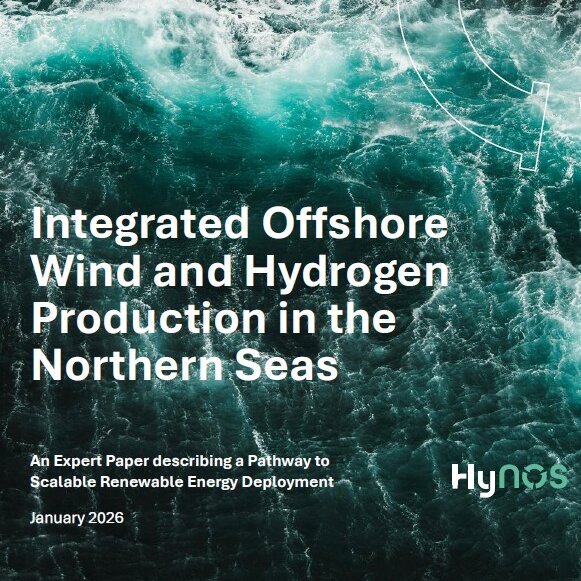

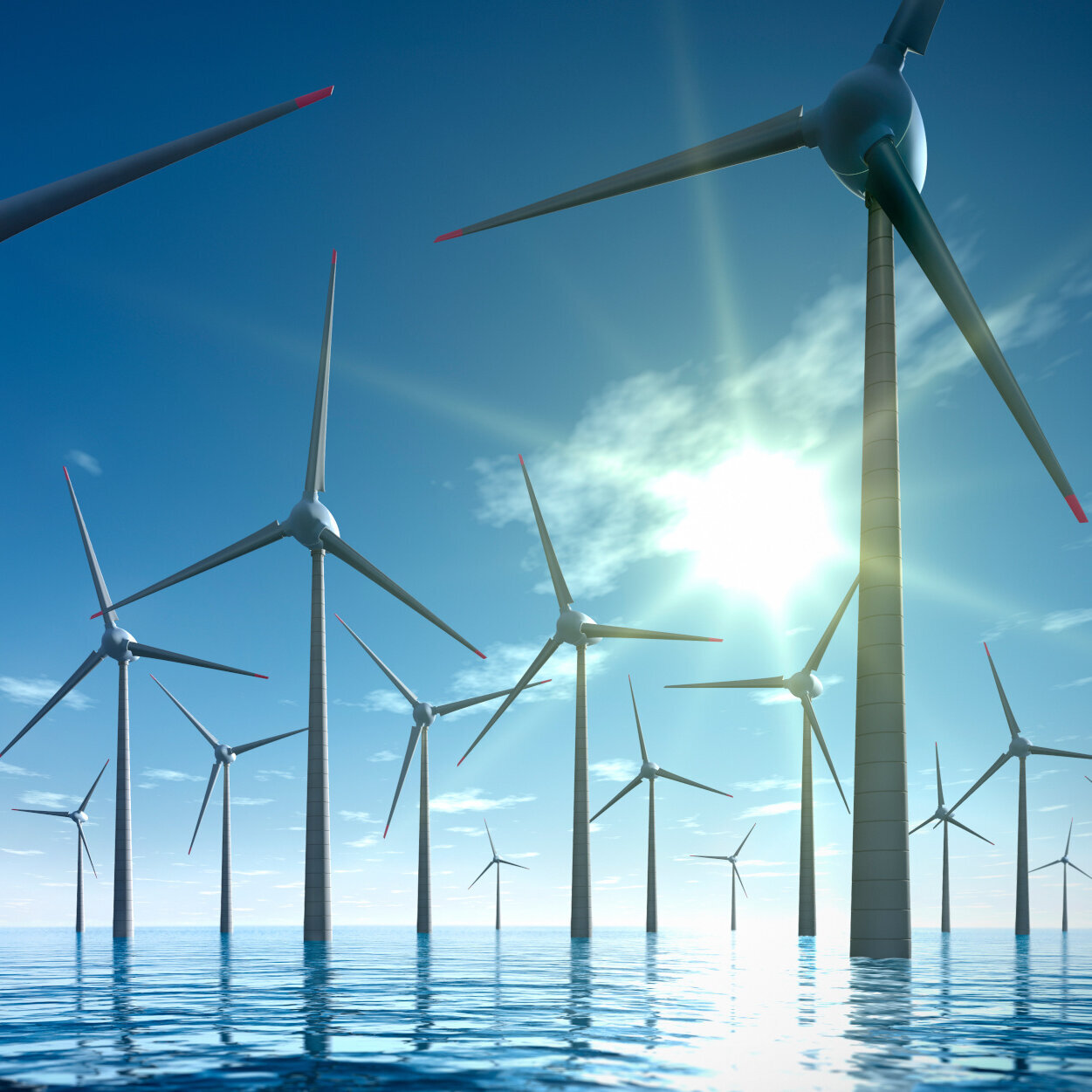
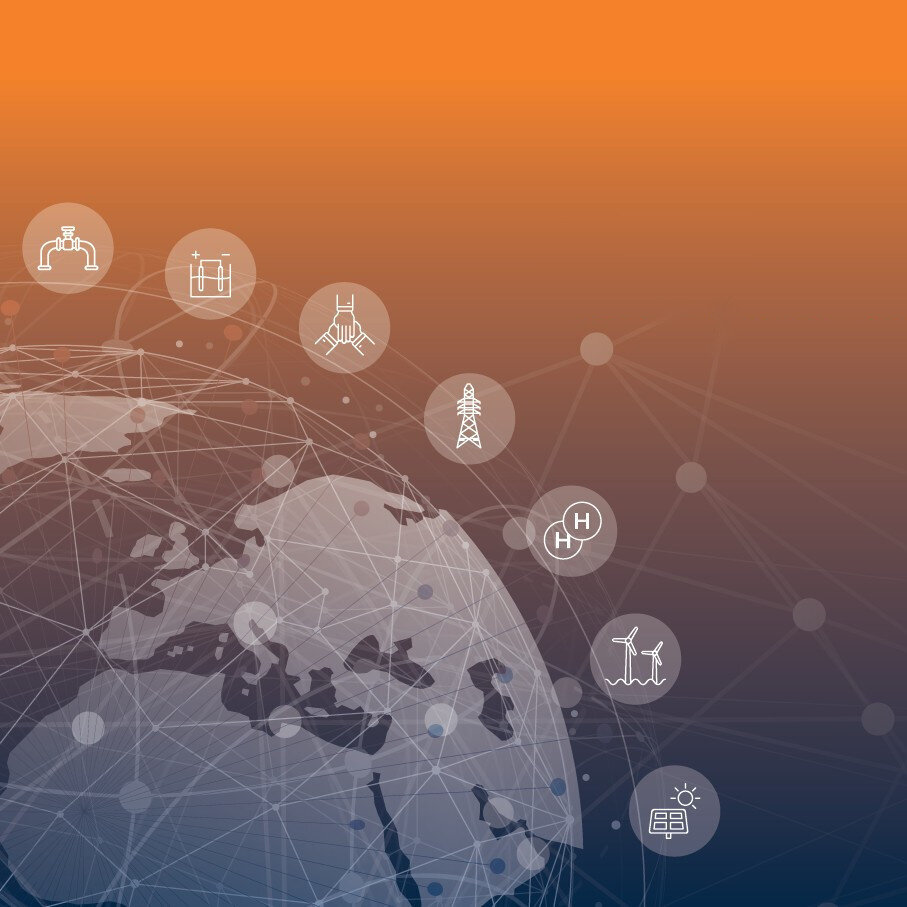
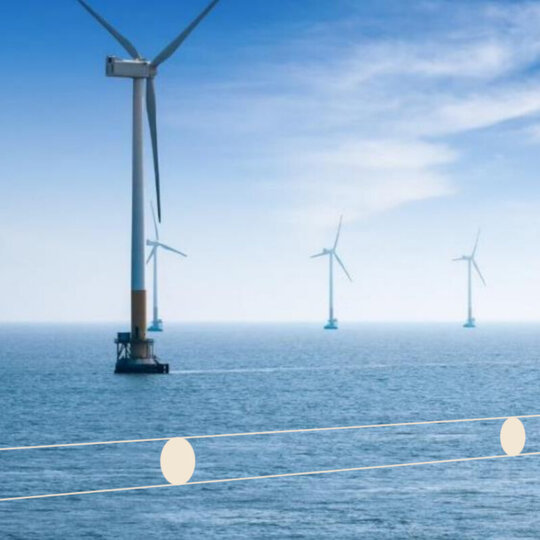
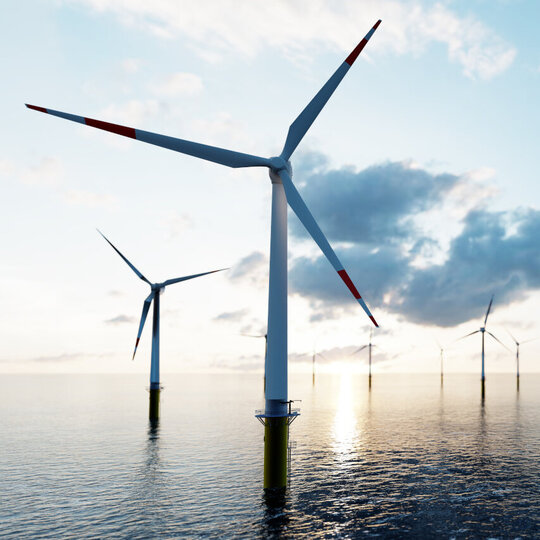
![[Translate to Englisch:] Wasserstoffnetz bei technologieoffener Produktion im Szenario Diversifizierung für 2030 (links) und 2045 (rechts) [Translate to Englisch:] Wasserstoffnetz bei technologieoffener Produktion im Szenario Diversifizierung für 2030 (links) und 2045 (rechts)](/fileadmin/Bilder/Content/Wasserstoff/EWI_Studie_Ostdeutschland.jpg)


![[Translate to Englisch:]](/fileadmin/_processed_/d/9/csm_Flandrich_Dirk_725e9a384d.png)
![[Translate to Englisch:]](/fileadmin/_processed_/6/0/csm_Reimuth_Oliver_8cbbd4dbb4.png)
